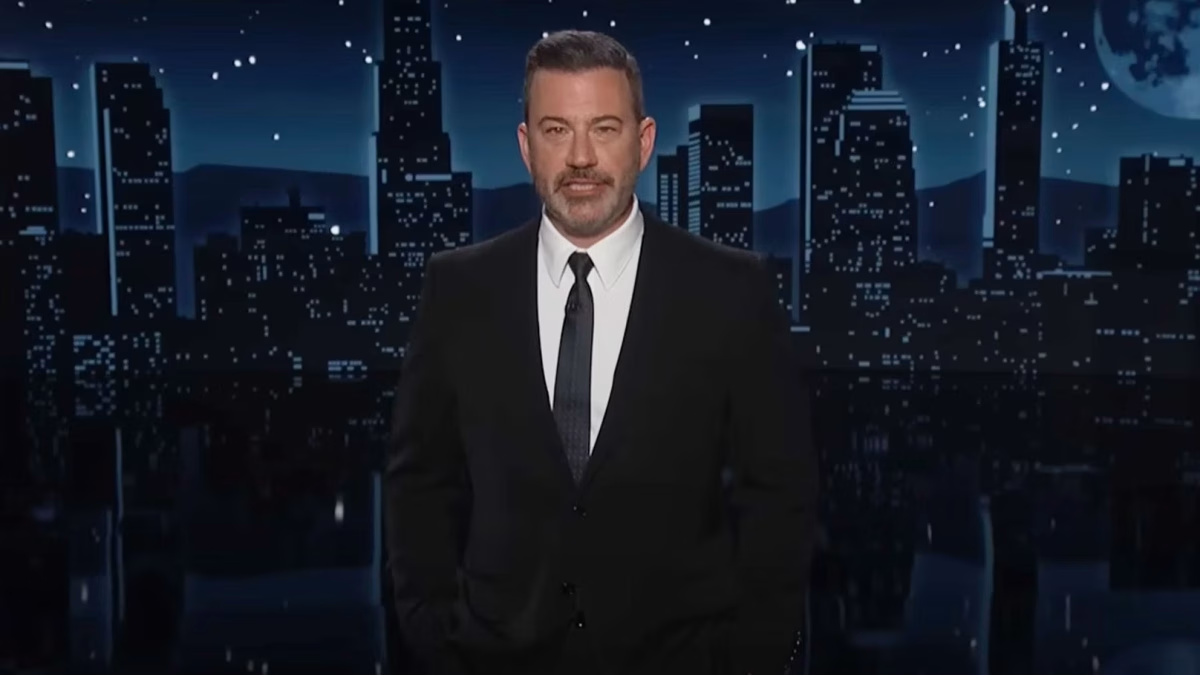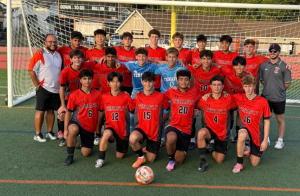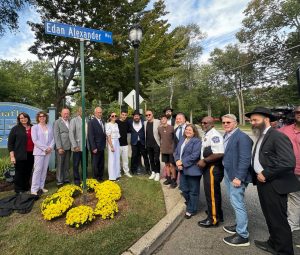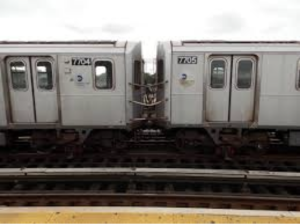NJ Gen Z Voters Reflect on Gubernatorial Election
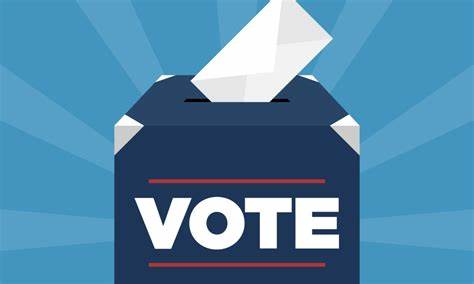
December 9, 2021
Born after 1996, Generation Z is the most racially diverse and digitally connected population in U.S. history. Our formative years have been marked by global warming, a devastating pandemic, and the inheritance of a fragmented nation. We have watched our families tear each other apart over politics at the Thanksgiving table. A divisive, disjointed America is the only one Gen Z has ever known — and honestly, many of us are frustrated.
Unlike Millennials, who came of age during the Great Recession, this new generation was in line to adopt a strong economy with record-low unemployment. However, this has all changed, as COVID-19 has reconfigured the country’s political, social, and economic environment. Instead of looking forward to a world of opportunities, Gen Z now gazes at an uncertain future.
Thousands of Gen Zers from New Jersey and Virginia were able to vote in the gubernatorial race and have a part in the policies of their future in this election season. New Jersey’s state-level elections, which take place in the year after the presidential election, have become increasingly nationalized as politicians in Washington look towards New Jersey and Virginia — the only two states with off-year gubernatorial races — as indicators for the impending midterms. That is fast-tracked in New Jersey, as previous President Donald Trump’s championing of racial division and culture war politics have transformed the state’s once dependable Republican suburbs democratic. Despite being out of office, the former president persists as one of the foremost targets in the campaign along with critical race theory and abortion rights.
What shape does Gen Z’s political opinions take and what are their reflections on the gubernatorial election results? High school students and activists from New Jersey answer.
Max, 18, NJ: Honestly, I voted because I think it is the best way to powerfully communicate not only your perspective or feelings, but your pride and responsibility as a young person. In a time when we are so divided, it’s important to use one of the few things in our country that allow you to actually have a voice.
Since it was my first time voting, it felt empowering that I was finally able to exercise my right as a recent legal adult and to express my opinion, especially considering the current political climate.
On top of that, I think the election as a whole, especially in New Jersey, was very surprising to me. There were some people in my community who didn’t vote that recently turned 18, and there were some who voted that were around my age that I would never expect to see at the polls. I think that all of the failures and triumphs of COVID-19 in terms of the previous administration and hyperpolarized politics were very influential on the election as a whole and what motivated a lot of people to vote.
It will be interesting to see how this plays out in the next few years. But overall, I can say that I’m so glad that I voted and had a part in the policies of my future!
Anjali, 16, NJ: This election was shocking! I have always considered NJ to be a reliably democratic state, but this election definitely challenged that perspective. The fact that Murphy won by a mere three percentage points is a clear sign of the growing polarization in our state. And this polarization has been exacerbated in just one year, as we can see from the 2020 NJ election results to 2021’s. I think that Biden’s declining approval ratings were a large factor in the increase of Republican votes.
These odd-year elections are especially important because their results have direct effects on me, my family, my friends, my state. With the pandemic, vaccine mandates, CRT discussions, abortion rights controversy, I expected more than just a third of registered voters in NJ to show up and vote. I tried to combat the notoriously low election turnout in odd-year elections with a voter drive in my school and by co-organizing and co-hosting a youth-led town council member forum to galvanize community members, especially Gen Z students that would be first time voters.
Not being able to vote is frustrating given that the results of elections do affect me and my community both emotionally and through actual policy implementation. However, my efforts to get others to vote have made me feel like I do have an impact and that the results of the election are not entirely out of my hands and I am not powerless. Those efforts have counteracted much of my election anxiety, which is something I am really grateful for.
Ben, 18, NJ: I voted because I believe that elected officials can have a massive impact on their constituents. Often citizens can see the most obvious change from their local and state-wide politicians. It had been something I had been looking forward to for a long time and I knew the stakes of the gubernatorial race considering how much Jack Cittiarelli and Phil Murphy differed on enforcing COVID-19 restrictions and altering our education systems, which are two policies that I care deeply about. I had followed the election closely and tuned in for the debates and I felt strongly about wanting Murphy to be re-elected. Voting made me feel like I was taking an initiative to do the right thing and support marginalized groups that Ciattarelli would have targeted if elected.
The results to me were incredibly concerning, considering that state control in Virginia flipped red and Ciattarelli came extremely close to winning. It was reminiscent of the losses of blue congressional seats leading up to the 2016 elections. I think these results should serve as a warning to democratic politicians that fundamental change needs to be enacted while they are elected in order to prove themselves trustworthy to American voters.





























































